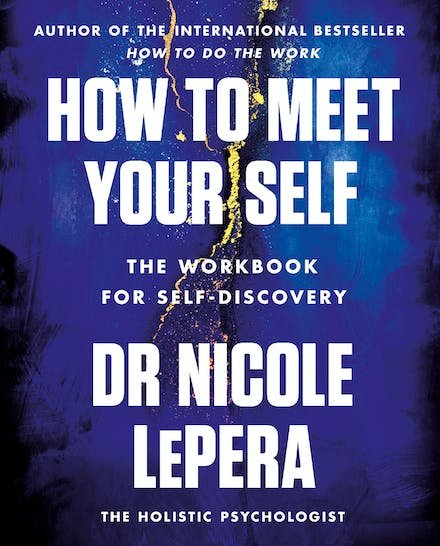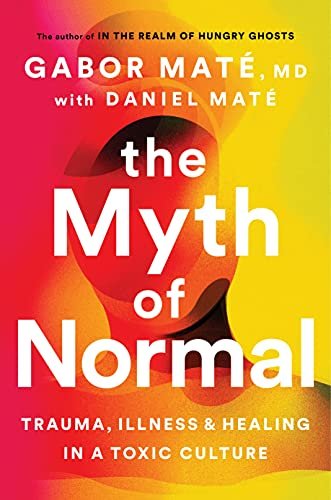651: When you feel like you are your own worst enemy
This week on the Anxiety Slayer Podcast we’re discussing a listener question about how you can address choices that lead to self-sabotage and learn to look after yourself with more love and compassion.
SUBSCRIBE TO THE ANXIETY SLAYER PODCAST:
APPLE PODCASTS | PODBEAN | GOOGLE PODCASTS | SPOTIFY I TUNEIN
This show is sponsored by BetterHelp
Sometimes in life we’re faced with tough choices, and the path forward isn’t always clear. Whether you’re moving house, starting a new job or moving on from a longterm relationship, Therapy helps you stay connected to what you really want while you navigate your life – so you can move forward with confidence and excitement.
If you’re thinking of starting therapy, give BetterHelp a try. It’s entirely online. Designed to be convenient, flexible, and suited to your schedule.
Let therapy be your map, with BetterHelp. Visit BetterHelp.com/slayer today to get 10% off your first month.
Notes from this week’s episode:
Here is the question we received for this week.
“Does anyone else often feel like their own worst enemy? I’ve been in a bad loop lately and know the things I need to do in order to break that loop, yet I won’t allow myself to do them. Any tips would be greatly appreciated.”
Identify your self-sabotaging behaviors
Start by becoming aware of the specific ways in which you self-sabotage. It could be procrastination, negative self-talk, fear of failure, or any other patterns that hold you back
Reflect on why you are so hard on yourself. It may stem from fear, low self-esteem, perfectionism, or unsettling past experiences. Understanding the root causes can help you be more compassionate with yourself.
Emotional support from Bach Flower Remedies
Chestnut Bud
This is the remedy for the feeling that you keep repeating the same mistakes.
Chestnut Bud gives insight - it helps us gain knowledge and wisdom from our experiences and learn from the past.
Gentian
Support for when we feel discouraged or low when something goes wrong.
Gentian gives encouragement - it helps cope with setbacks, and put mistakes into context, and supports you in knowing you're doing your best.
Hornbeam
Helps with feelings of inertia and procrastination.
Seek support with accountability
Reach out to a trusted friend or a certified coach or counselor who can help you stay on track and make healthy choices for your mind and body.
Look for role models
Find someone who’s overcome your challenges who you can learn from. Either in person, or via courses, workbooks, podcasts; wherever you can draw some inspiration and encouragement.
Thresholds
There’s a quote from Alcoholics Anonymous most people struggling with alcoholism have to really crash before they seek help.
It can be helpful to ask ourselves: how bad does it have to get? Before we seek help.
Going against our own self-interests is one of the challenges of the human condition, getting help might not feel like an easy choice due to our culture, or conditioning, but it’s a good investment.
Get to know yourself better
Self-exploration and understanding are two powerful keys to changing what’s not working for us.
Examine your thoughts/choices and question their validity and practice replacing them with positive and empowering beliefs.
Visualize yourself succeeding and focus on your strengths.
Replace self-criticism with self-encouragement and positive affirmations.
Recommended reads:
How to Meet Your Self: The Workbook for Self-Discovery by Nicole LePera
A workbook geared at waking us up to learned bad habits and destructive patterns.
We all fall into patterns of behavior, usually rooted in our past that drive unhealthy choices and decisions. Shining light on our unconscious patterns gives us the chance to understand ourselves better, and choose what we don’t want to carry forward into our future.
The Myth of Normal by Gabor Maté
The Myth of Normal explores why chronic disease and mental illness are on the rise. Western medicine focuses on individual pathologies, but what if the key actually lies in our culture? Things we consider normal – like stress, adversity, and trauma – are often toxic and breed disease. The pathway back to health rests in identifying and addressing these underlying conditions.
>>NEW FOR OUR PATRONS<<
Ayurveda: Teachings on warmth for calming your nerves
Get over 150 Guided Relaxations, Tapping Sessions, and Ayurvedic Teachings for calming anxiety at Patreon.com/anxietyslayer





